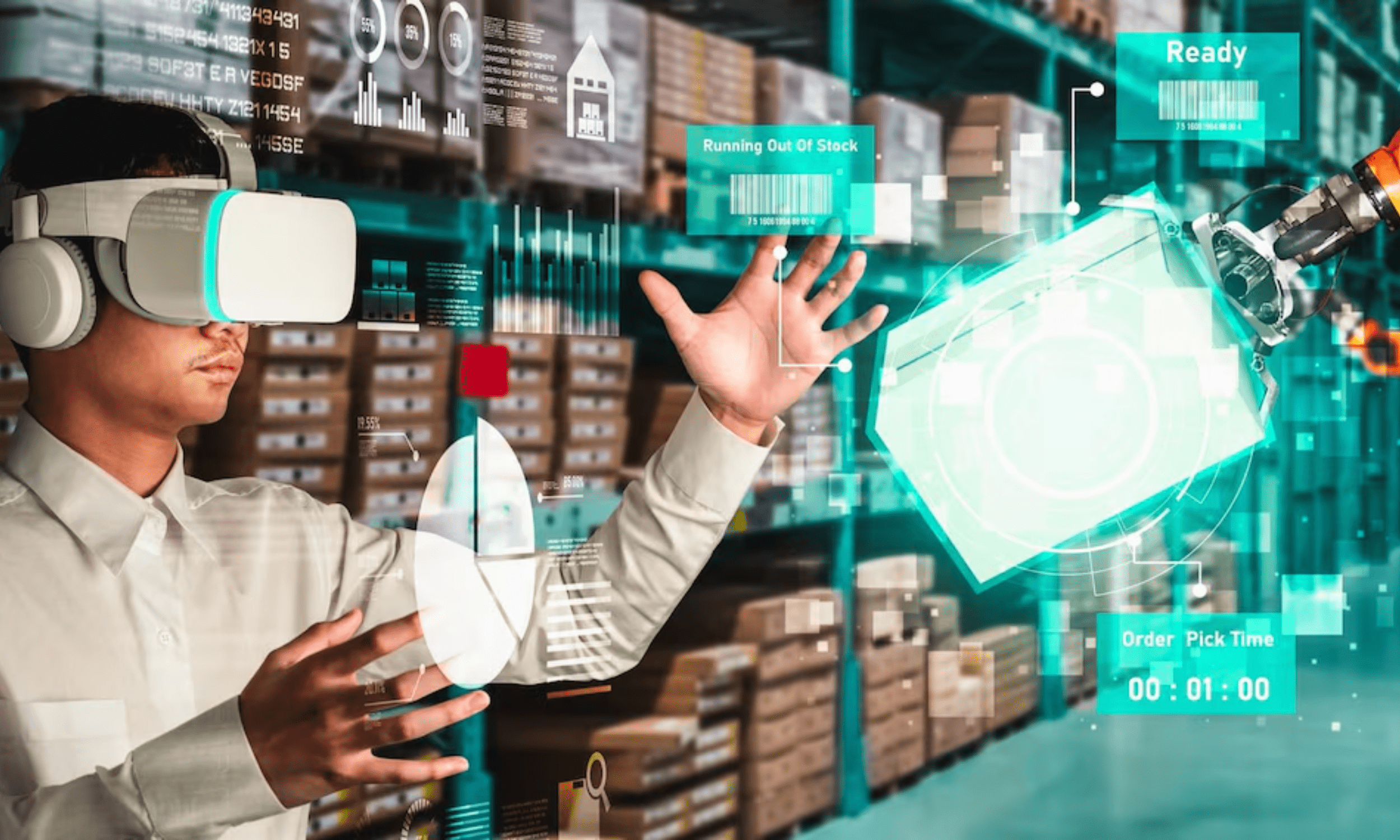- winspireadmin
- January 17, 2025
In the fast-paced, ever-evolving world of business, staying ahead of the competition is no easy feat. Supply chain management (SCM) plays a pivotal role in ensuring that businesses can meet demand efficiently, control costs, and maintain quality. However, traditional supply chain practices often struggle with complexities like unpredictable demand, supplier inconsistencies, and inefficient resource allocation. Enter the integration of Artificial Intelligence (AI) into Enterprise Resource Planning (ERP), which is fundamentally transforming SCM as we move through 2025.
This year, AI-driven ERP solutions are no longer just a buzzword; they’re a game-changer for businesses looking to streamline operations, reduce costs, and deliver superior customer experiences. Let’s explore how AI-powered ERP is reshaping the landscape of SCM and why it’s essential for businesses to adopt this cutting-edge technology.
The AI-ERP Revolution in Numbers
According to a 2023 Gartner report, organisations implementing AI-powered ERP systems reported a 35% reduction in forecast errors and a 32% improvement in inventory management efficiency. Market.US conducted an in-depth research and analysis report and stated that the market for AI in SCM is expected to be worth around USD 157.6 Billion by 2033, from USD 4.5 Billion in 2023, growing at a Compound Annual Growth Rate (CAGR) of 42.7% during the forecast period from 2024 to 2033.
Key Transformations
Predictive Analytics & Demand Forecasts
AI algorithms analyse vast amounts of historical & real-time data, market trends, and external factors to predict demand patterns with remarkable accuracy. In SCM, this means that businesses can predict fluctuations in demand, supplier delays, and potential disruptions well before they occur.
Senior Pre-Sales Manager at Winspire, Prakashveer Sharma says “We help businesses plan production schedules, optimise inventory levels, and mitigate risks through our customisation in Microsoft Dynamics 365 Business Central ensuring that our clients are always prepared for the unexpected. This predictive capability not only saves money & time but also enhances customer satisfaction by ensuring that inventory levels align more closely with actual market needs, reducing both overstock and stockouts.”
Intelligent Supplier and Vendor Management
AI-powered ERP systems help businesses identify the best-performing suppliers and vendors based on historical data and performance metrics. By analysing factors like delivery times, quality, and cost, AI can suggest ideal partners for specific procurement needs, ensuring that companies are working with the most reliable and cost-effective vendors. Furthermore, AI can help businesses evaluate risks in the supply chain by predicting potential disruptions, such as geopolitical instability or natural disasters, and recommend alternative suppliers or sourcing strategies to minimise impact.
Real-time Supply Chain Visibility
Modern AI-ERP systems provide end-to-end visibility across the supply chain, from procurement to distribution. With the help of Internet of Things (IoT) devices, sensors, and AI algorithms, businesses can track shipments, monitor warehouse inventories, and receive alerts about any delays or disruptions in real-time. AI tools can also assess traffic conditions, weather forecasts, and vehicle performance metrics to recommend the most efficient delivery routes. This not only speeds up delivery times but also reduces transportation costs and carbon emissions
This level of visibility enables businesses to make agile decisions, reduce downtime, and address issues before they escalate. Real-time tracking improves communication between suppliers, manufacturers, and logistics teams, ultimately fostering better collaboration and more efficient operations.
Intelligent Automation
Routine tasks such as purchase order processing, inventory updates, and supplier communications are now automated through AI. By automating these time-consuming processes, businesses can reduce manual errors by up to 85%, improve operational efficiency, and enhance scalability, freeing staff for strategic activities.
A notable advancement in 2025 is going to be the emergence of AI agents—digital workers capable of performing complex tasks across various functions within an ERP system. These agents can monitor inventory levels, coordinate with suppliers, and adjust production schedules autonomously, thereby enhancing operational efficiency. For instance, if a delay occurs with a supplier due to traffic disruptions, an AI agent could automatically reroute the delivery, adjust the production schedule and notify relevant stakeholders, ensuring minimal disruption to operations.
Case Study – Winspire Client – Kaira Technologies
Established in 2004, Kaira Technologies is headquartered in Singapore and employs staff across offices in Malaysia, Mauritius, Sri Lanka, and South Africa. With a focus on delivering premium products and responsive customer service, Kaira sought an integrated and scalable solution to streamline operations and drive efficiency. With Microsoft Dynamics ERP, Kaira Technologies achieved remarkable results including a 300% improvement in order processing speed, an 80% reduction in service order processing time, and enhanced management visibility across subsidiaries.
Conclusion
The adoption of AI-powered ERP system marks a significant paradigm shift in SCM. By enabling more accurate forecasting, optimising inventory levels, and enhancing logistics operations through real-time data analysis, businesses are better equipped to navigate the complexities of modern supply chains. This evolution is creating unprecedented opportunities for efficiency, accuracy, and predictive capabilities that can adapt to rapidly changing market conditions.
As we progress through 2025, the synergy between AI and ERP will continue to drive innovation and efficiency across industries, reshaping how organisations manage their supply chains for years to come, with Winspire Solutions leading the charge in innovation and implementation excellence!
Contact us today to see how AI forecasting can streamline Supply Chain Management and boost your business!
 Singapore
Singapore








